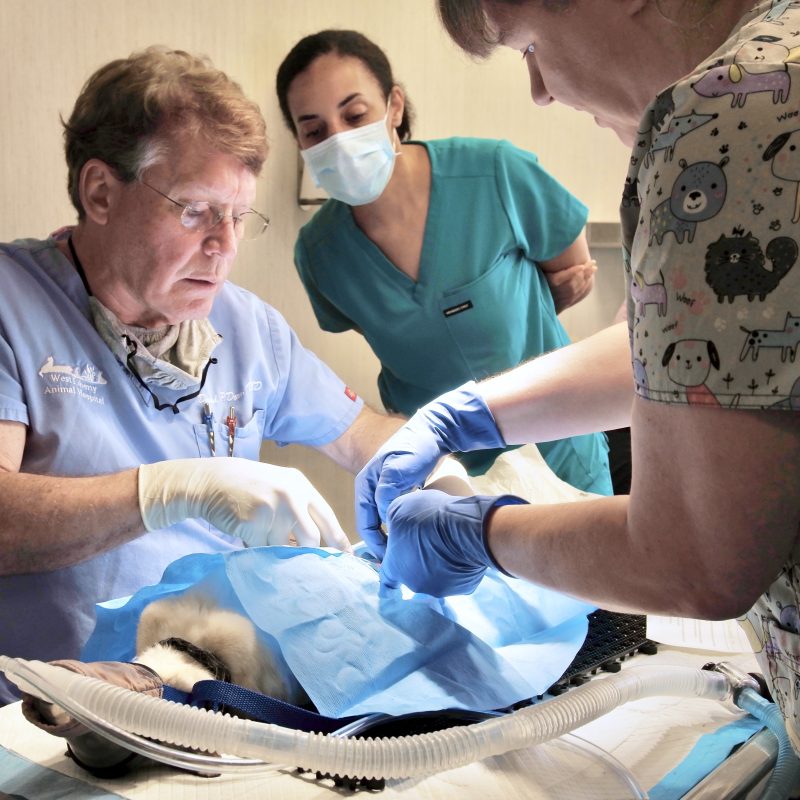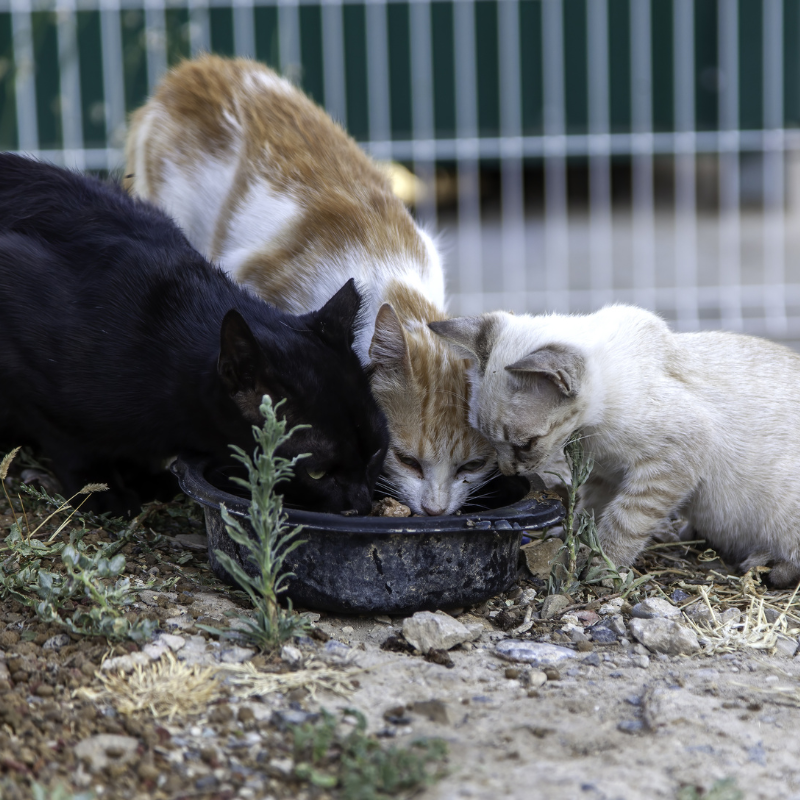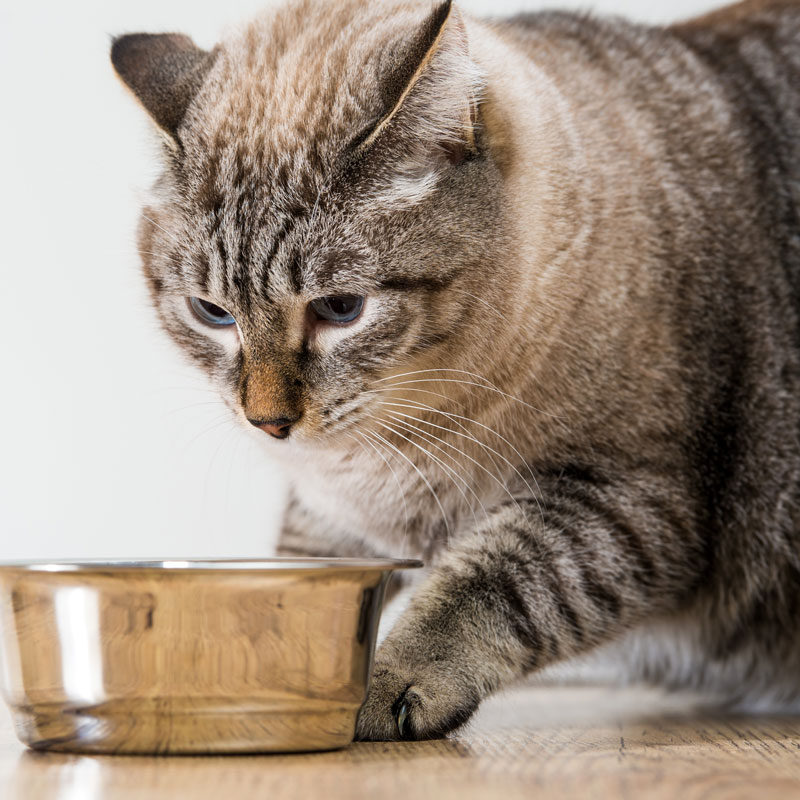
Sterling Davis, Atlanta’s “Trap King”
July 14, 2020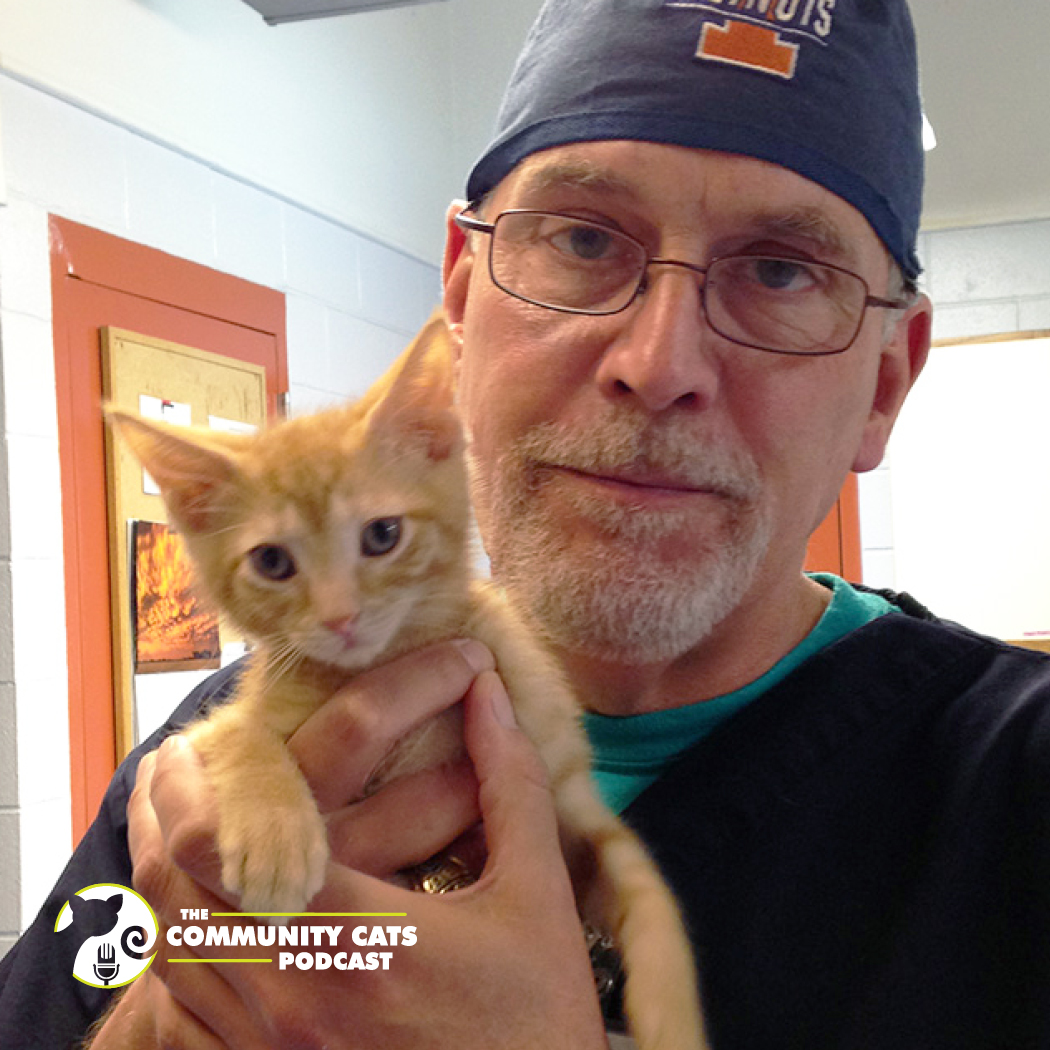
Dr. Bob Weedon, TLC PetSnip & Alliance for Contraception in Cats & Dogs
July 21, 2020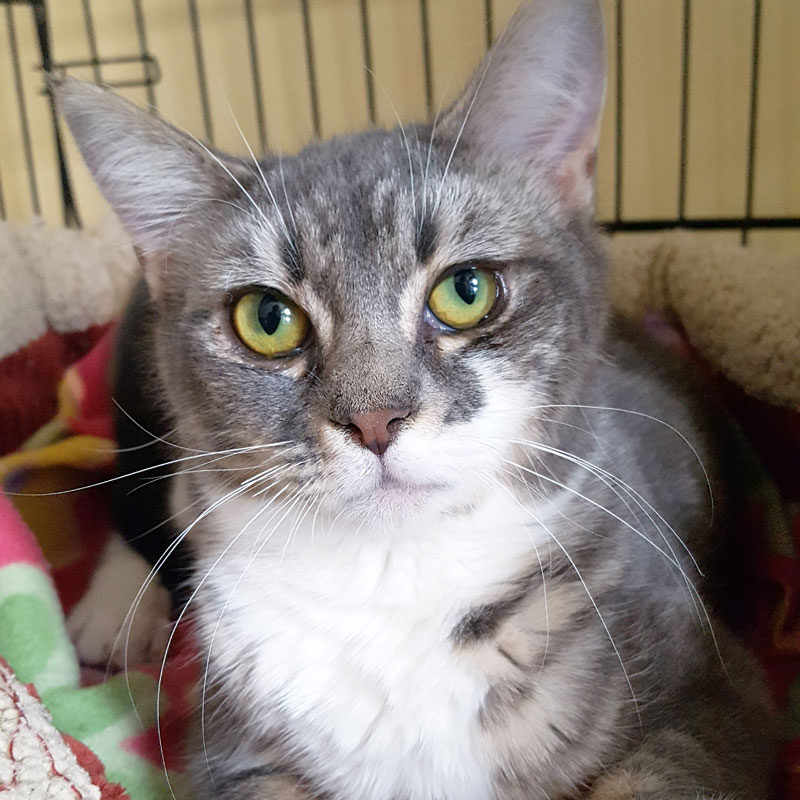
Today’s guest post comes to us from Krista Beucler, Marketing & Communications Intern at Community Cats Podcast.
Feline Leukemia (FeLV) is the number one viral killer of cats. The virus weakens the immune system, leaving cats vulnerable to other diseases. Most diagnosed cats have an expected life span of three years.
How can my cat get it?
The virus is transmitted through bodily fluids. Cats can contract FeLV from bite wounds, mutual grooming, infected mother’s milk, and through shared litter boxes or feeding dishes, though this is much rarer.
Symptoms
Feline Leukemia is a sneaky virus, and cats in the early stages may not show symptoms. FeLV-positive cats may show progressive deterioration or periods of recurrent illness. Be on the lookout for pale gums or yellowing of the whites of the eyes, lethargy, fever, diarrhea, weight loss, or unusual breathing patterns.
Treatment
Prevention is the best treatment for FeLV, as there is no cure yet. Keeping cats indoors and separated from FeLV-positive cats are good steps. There is a vaccine that protects against FeLV, and it is highly recommended for outdoor or indoor/outdoor cats. Cats must be tested before vaccination to ensure that they are FeLV negative, and it’s important to remember that no vaccine is 100% effective. If your cat is FeLV positive, make sure you’re keeping up with checkups so that you can manage or prevent secondary infections.
How can I learn more?
Join the Community Cats Podcast and Feline Leukemia advocacy supporter Margaret Tompkins on July 18th for Feline Leukemia Education Day! The webinar will host presentations on the American Association of Feline Practitioners’ latest retrovirus testing and management guidelines, how to implement testing in your shelter, how to build an adoption program for FeLV-positive cats, best ways to care for FeLV positive cats in your shelter or rescue, and more! Find the schedule here.
Register for the conference here.
Originally from Colorado, Krista Beucler received a Bachelor of Arts in creative writing at the University of Mary Washington (UMW) in Virginia. She was the editor-in-chief for Issue 7.2 of the Rappahannock Review, the literary journal published by UMW. Krista’s creative work has been published in From Whispers to Roars literary magazine. She is spending COVID-19 at home with her cats.

